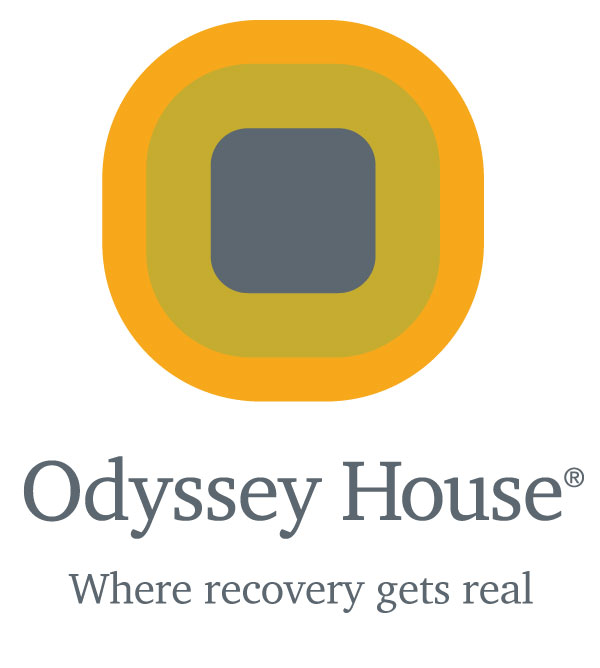RELAPSE PREVENTION TIPS
Eliminating drug use is necessary for a successful recovery. However, even individuals who are determined to stay clean often suffer one or more slips before achieving long-term sobriety.
Research indicates that up to 90% of recovering alcoholics will have a relapse at least once in the four years following sobriety; similar outcomes are probable for addicts, as well. While this is a setback, it does not mean that you cannot recover from addiction. You may have to restart treatment to again get on the road to long-term sobriety.
UNDERSTANDING RELAPSE
Relapse is not an isolated event, but rather a process whereby an individual becomes unable to cope with life in sobriety, which may lead to renewed alcohol or drug use or physical or emotional collapse. The process is marked by predictable and identifiable warning signs that begin long before the return to use or collapse occurs. These symptoms increase and intensify unless the individual returns to the use of alcohol or other drugs. One particular warning in early recovery occurs when a recovering person begins to seek out situations involving people who use alcohol or other drugs.
Given that addiction can be a chronic, progressive disorder often characterized by relapse, you may have to continue addressing these issues for years after leaving treatment and the opportunity to reenter treatment should remain open. Formal relapse prevention coaching that offer means for early detection of relapse and tools for intervention should be included in your treatment plan.
PREVENTING RELAPSE
If you are in recovery, you know that relapse is a not-uncommon occurrence. While it’s important to recognize this fact, there are things you can do proactively to prevent falling into relapse.
- Identify high-risk situations, such as being with certain friends or groups, or particular locations (bar, restaurant, sporting location, etc.). Make a list of them and devise a plan for how you can deal with these high-risk situations in advance.
- Enlist the support of your family, friends, coworkers, or counselors. They can help you deal with your problems, feelings and stress, support your goals, and be on the lookout for warning signs that suggest possible relapse.
- Engage in distractions – Get your mind off your urges by doing something. Take a hike or walk. Read a book or watch a movie. See a friend for lunch. Do anything other than just sit there and allow your urges to fester and compel you to satisfy them.
- Take better care of yourself – The tendency to relapse increases if you’re not sleeping well or taking proper care of your body and your emotions. By taking care of yourself, you minimize the likelihood of falling back into your old ways.
- Stop yourself from daydreaming about the fun of drug and alcohol use, and think about the downside. Tell your friends and family to stop you when you talk about the fun you had while drinking or using.
- Make a list of the good things about your new life, such as better relationships, success at work or school, looking better, or time and money for hobbies.
- If you have already relapsed at least once, think of how it happened. What can you do differently this time?
866-888-7880 Get help now, for you or someone you love.
We’ll help you find a way, regardless of your ability to pay.
What’s the difference between casual use and addiction?
How can you help a loved one who is struggling with addiction?
Need to talk? We’re here to help you, not to judge you.
Want to help? Join us in helping fellow New Yorkers in need.

